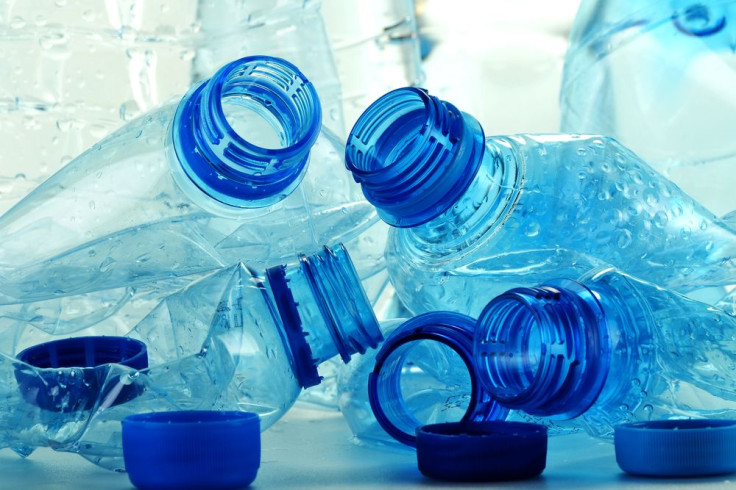BPA Exposure In Utero May Triple Risk Of Prostate Cancer, But Can We Do Anything About It?

Could exposure to plastic bottles and paper receipts boost your unborn child’s risk of developing prostate cancer later in life? In a new study from the University of Illinois at Chicago, researchers show that Bisephol A (BPA) can help drive the growth of precancerous lesions and tumors. The findings may prompt a reevaluation of one of our most common chemicals.
Prevailing research suggests that the hormone estrogen can drive cancer development in prostate stem cells. The current study, which is published in the journal Endocrinology, shows that in utero exposure to BPA can “reprogram” these stem cells to become more sensitive to this hormone. "Our research provides the first direct evidence that exposure to BPA during development, at the levels we see in our day-to-day lives, increases the risk for prostate cancer in human prostate tissue," Gail Prins, a professor of physiology and lead author of the paper, said in a press release.
BPA: Paving The Way For Prostate Carcinogenesis?
BPA, which is used to make many plastics and epoxy resins, currently figures prominently in a range of industries. If you’re drinking from a water bottle or eating from a plastic container, chances are you’re consuming it right now. According to the study authors, avoiding the chemical altogether is a next-to impossible feat.
"Previous studies have shown that people who avoided all contact with plastics or other BPA-containing objects for up to a month or more still had BPA in their urine, which means they must have come into contact with BPA in the last 24 to 48 hours, since it clears the body rather quickly," Prins told reporters. "It's very hard to avoid."
For the study, the team emulated in utero BPA exposure by transplanting human prostate stem cell into lab mice. These mice were fed BPA amounts comparable to those consumed by pregnant U.S. women. After about a month, the mice were given estrogen to mimic the rising levels of the hormone in aging men. "The amount of BPA we fed the mice was equivalent to levels ingested by the average person," the authors noted. "We didn't feed them exorbitantly high doses."
The team found that about one-third of tissue samples taken from mice fed BPA showed signs of prostate cancer or precancerous lesion. In tissue samples taken from a control group, the figure was 12 percent. "The findings of adverse effects of BPA in human tissue are highly relevant and should encourage agencies like the Food & Drug Administration to re-evaluate their policies in the near future,” Prins said of the results.
Is BPA Safe?
Over the past decade, several studies have suggested a link between BPA exposure and an elevated risk of developing a variety of cancers. However, the Food and Drug Administration (FDA) has traditionally dismissed these studies, citing flawed methodology and incomplete data. One example is “Altered Mammary Gland Development and Predisposition to Breast Cancer due to in Utero Exposure to Endocrine Disruptors” — a Tufts study whose results were quickly shown to founder on internal inconsistencies.
That said, recent developments have prompted the agency to adjust its stance. In a report released in January 2010, agency officials said that, although standardized toxicity tests have not identified anything unsafe about BPA, new methods of inquiry have illuminated potential threats.
“On the basis of results from recent studies using novel approaches to test for subtle effects, both the National Toxicology Program at the National Institutes of Health and FDA have some concern about the potential effects of BPA on the brain, behavior, and prostate gland in fetuses, infants, and young children,” the agency wrote.
As of 2014, the FDA still considers BPA a safe chemical. The agency does not recommend that families change the use of infant formula or food, as a good source of nutrition “outweighs the potential risks of BPA exposure. The agency does support Health and Human Services (HHS) recommendations that the infant feeding and food preparation industry limit the use of BPA.
Source: Prins GS, Hu W-Y, Shi G-B et al. Bisphenol A Promotes Human Prostate Stem-Progenitor Cell Self-Renewal and Increases In Vivo Carcinogenesis in Human Prostate Epithelium. Endocrinology. 2014.



























